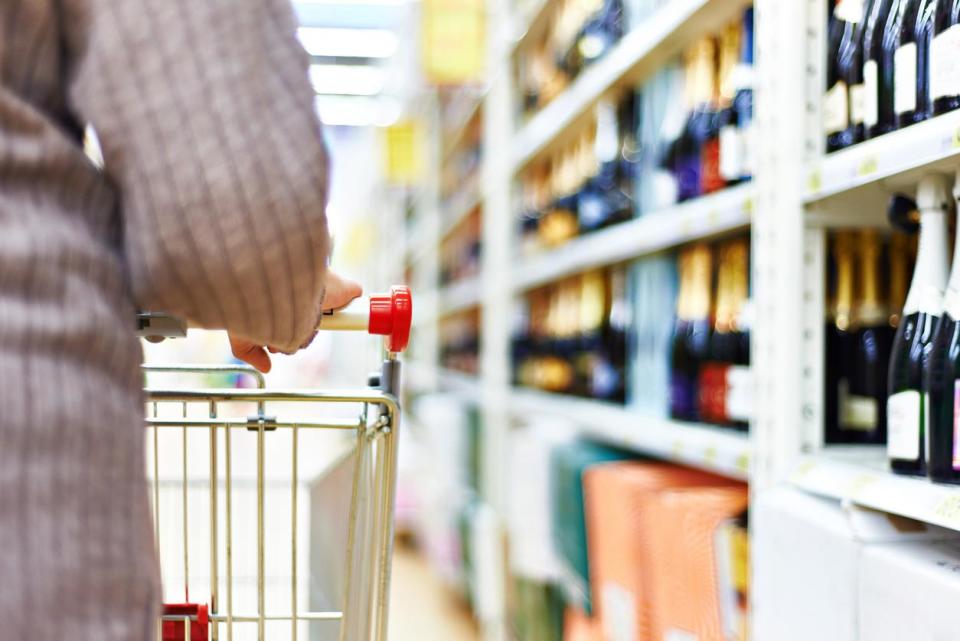Supermarket sales pushed up by grocery inflation ahead of Christmas, shows data

Grocery price inflation pushed supermarket sales up by more than 3 per cent in the in the lead-up to the Christmas shopping season, new data has revealed.
Total sales across the UK increased by 3.1 per cent in the 12 weeks to 3 December compared with the same period a year ago, according to figures from Kantar Worldpanel. The market intelligence company said that like-for-like grocery inflation now stands at 3.6 per cent – the highest it’s been since 2013.
Fraser McKevitt, head of retail and consumer insight at Kantar Worldpanel, said that despite goods becoming more expensive in supermarkets, Tuesday’s data showed that “the British public is well into the swing of festive shopping”.
“Alcohol sales are up by nearly £172m compared with this time last year and, while volume sales have increased, this impressive growth is mainly a result of consumers choosing more expensive festive tipples,” he said.
Gin, whisky and sparkling wine saw growth of 26 per cent, 10 per cent and 7 per cent respectively, during the period. Non-alcoholic beer – still representing a small segment of the market – enjoyed sales growth of 27 per cent.
German discount retailer Aldi emerged as Britain’s fastest growing grocer during the quarter with sales up 15.1 per cent from the same 12-week period in 2016. Country rival Lidl chalked up sales growth of 14.5 per cent.
Mr McKevitt said that Aldi saw notable successes in the chilled aisle. It increased sales of convenience products, like ready meals and desserts, by a hefty 40 per cent year-on-year.
The UK’s four biggest grocers saw collective growth of 1.9 per cent during 12-week period, making this the ninth consecutive period of increasing sales for the UK’s largest retailers.
Tesco sales rose 2.5 per cent compared to the same period last year, making it the fastest growing of the Big Four, despite its market share falling by 0.1 percentage points to 28.2 per cent. Kantar Worldpanel also found that Tesco remains Britain’s most-visited retailer – welcoming 21 million households during the latest quarter.
Sainsbury’s grew sales by 2 per cent, with its market share falling to 16.3 per cent, while Morrisons’ market share fell to 10.6 per cent, despite a sales boost of 1.4 per cent.
Asda’s sales increased by 1.2 per cent. Its market share slipped by 0.3 percentage points.
Looking ahead, Mr McKevitt said that the timing of Christmas would likely be beneficial for supermarket sales.
“Christmas Day falls on a Monday this year – last time that happened, in 2006, the Friday before was the most popular day for grocery shopping that year. If we see a similar pattern in 2017, Friday 22 December is likely to win out as the grocers enjoy not only the biggest shopping day of 2017, but the most successful ever recorded,” he said.
He said that on Over Friday 22 and Saturday 23 December, he expects shoppers to spend an estimated £1.5bn. It is also likely to be a record December for grocery e-commerce.
Internet specialist Ocado grew sales by 5.2 per cent in the 12 weeks to 3 December. Its market share remained flat year on year at 1.3 per cent.

 Yahoo Finance
Yahoo Finance 